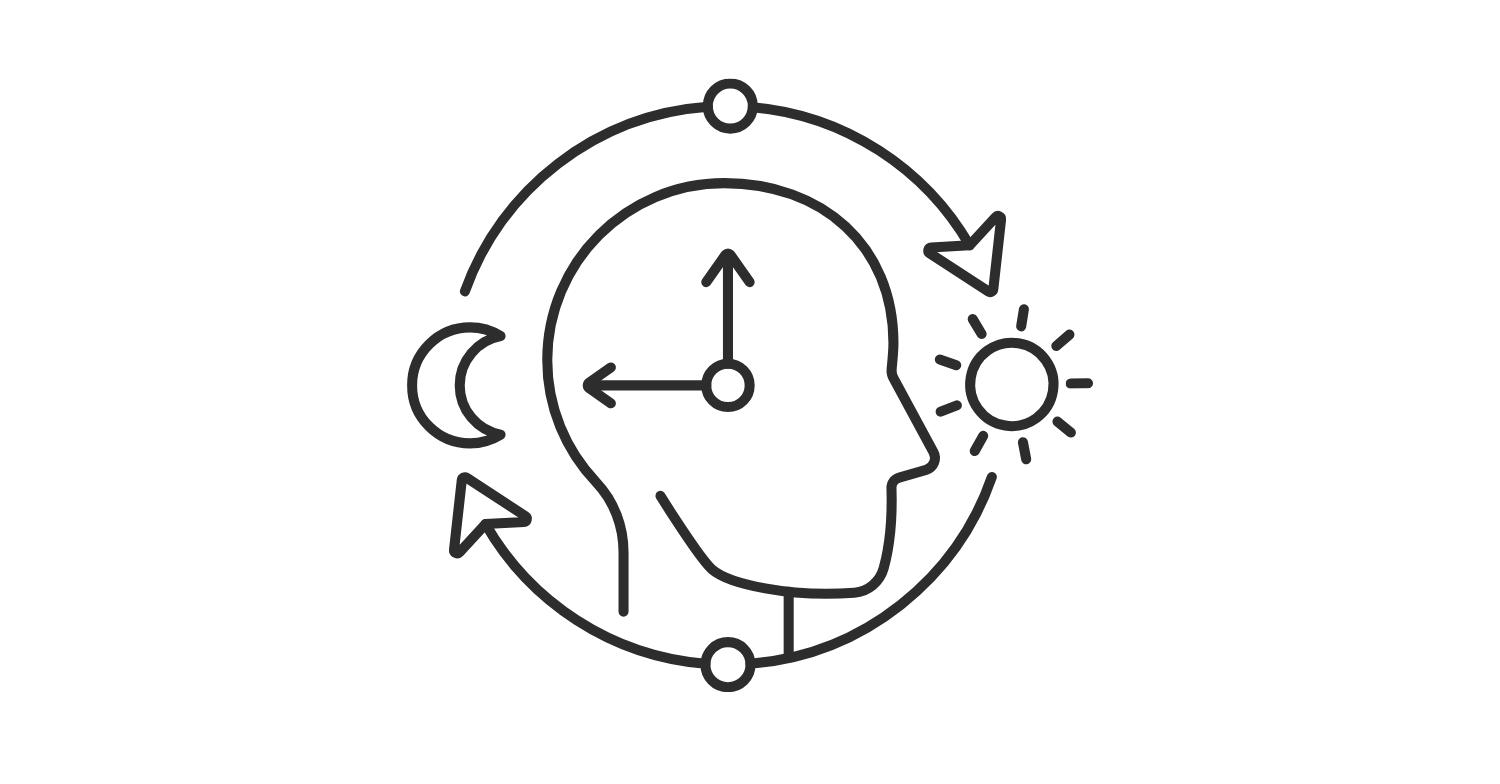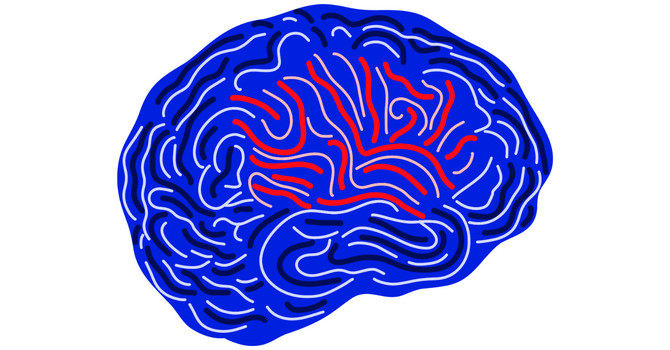
Feeling “off”? Waking up groggy and staying up too late — even when you’re tired? That’s your nervous system and circadian rhythm out of sync.
Your circadian rhythm is your internal 24-hour clock, and it doesn’t just control sleep — it regulates hormones, digestion, immune function, and your brain’s ability to focus and regulate emotions. It’s deeply connected to the health of your nervous system.
And guess what sets that clock? Light.
Morning Sunlight = Nervous System Reset
The best way to support your rhythm is to get outside and see natural sunlight within 30–60 minutes of waking.
Here’s what that does:
-
Signals the brain to reduce melatonin and increase cortisol at the right time (yes, cortisol is a good thing in the morning!)
-
Anchors your circadian clock and regulates your sleep-wake cycle
-
Tells your nervous system, “Hey, it’s time to be alert and focused!”
Even 5–10 minutes of outdoor light exposure first thing can help. It supports a balanced autonomic nervous system — the part responsible for fight/flight and rest/digest. The right light helps shift the nervous system into a regulated, responsive state, especially in the morning.
Sunlight During the Day = Brain Fuel
Throughout the day, natural light continues to support your nervous system health by:
-
Boosting mood-regulating neurotransmitters like serotonin
-
Enhancing focus and cognitive performance
-
Reducing nervous system fatigue and sensory overload
If you (or your kids) feel frazzled or dysregulated by mid-afternoon, step outside. Movement + sunlight is a powerful nervous system co-regulation combo.
Red Light in the Evening = Rest Mode Activated
When the sun starts to set, your body shifts gears. That’s when red and near-infrared light become especially powerful.
These wavelengths help:
-
Calm the sympathetic (fight/flight) response
-
Support melatonin production
-
Promote cellular repair and reduce inflammation in the brain and body
Using red light therapy or switching to warm/red bulbs in the evening tells your nervous system, “You’re safe. It’s time to rest.” This is especially helpful for those with sensory issues, ADHD, chronic stress, or sleep challenges.
Nervous-System-Friendly Daily Habits
To truly support your circadian rhythm and brain health, try these:
Keep consistent sleep/wake times
Eat during daylight hours to support metabolic rhythm
Avoid blue light at night (hello, blue light glasses!)
Get movement + sunlight daily
Use calming rituals and red light in the evening
Final Thoughts
Your circadian rhythm is not just about sleep — it’s a powerful regulator of your nervous system. And your nervous system? It’s the master controller of everything from mood to focus to digestion and immune response.
Light is your most powerful tool — and it's totally free. So get outside in the morning, dim the lights at night, and treat your nervous system to a rhythm it can rely on.

Waldo Amadeo
Contact Me



